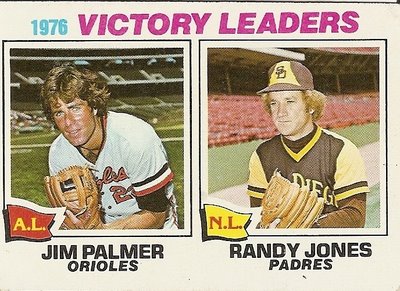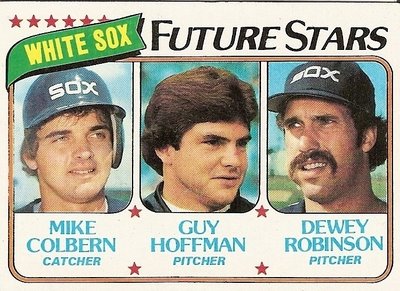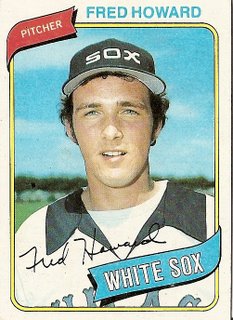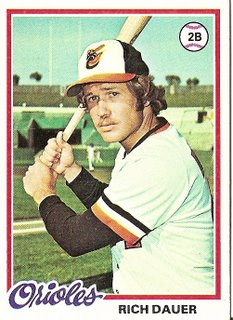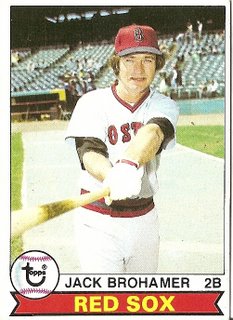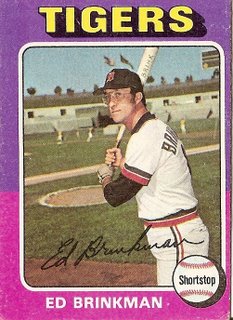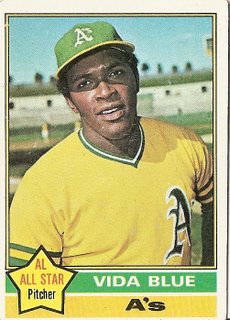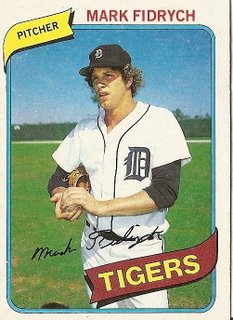
Bats: R Throws: R
Cried when hit by pitch in little league game, 5/23/76.
Received "Most Sarcastic" award at little league team’s year-end ceremony, 6/30/77
Scored basket for opponent of own 7th grade basketball squad, 2/11/80.
Committed 3 errors in 1 inning for Babe Ruth League team, 6/09/82.
Quit Babe Ruth League team, 6/10/82.
Drifted around Europe for two months after college, unable to get laid, 9/8/90 – 11/13/90.
Fell off cliff 10 seconds into mountain-biking career, 3/16/95.
Randomly punched in face outside International Bar, Manhattan, 2/12/98.
Fun Facts! Josh has a very limited sense of smell.
Fun Facts! Josh dislikes all fruit with the possible exception of the controversially ambiguous tomato.
Fun Facts! Josh is generally pretty punctual.
Fun Facts! Josh sometimes wakes in the middle of the night hyperventilating, terrified by thoughts of death.
Voted by peers in Lower Manhattan Liquor Clerks League most likely to get overwhelmed by youthful urban team of shoplifters, 1992. In same year, finished third in league voting for most likely to be wounded by gunfire.
Named to Kings County Depressive Freelance Proofreader League All-Rookie Squad, 1996
Led Northern New England League in ennui in both 1998 and 2000
Josh resides in Chicago, where he enjoys taking long aimless walks and visiting the public library.
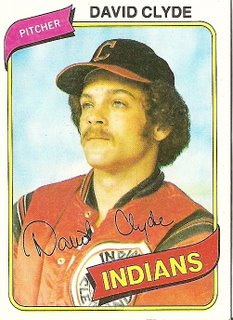 In this 1980 card, David Clyde’s last, the former nationwide high school sensation displays his league-leading thousand-yard stare in front of what appears to be a painted backdrop. Maybe the fake blue sky was wheeled in to cover the mildewed bricks of the windowless room, deep within the Indians’ spring training barracks, where the oft-disabled former number 1 draft pick preferred to endure his daylight hours. Maybe Topps purchased the backdrop at the going-out-of-business sale of a photographer who, until the word statutory started getting flung around, made his living creating portraits of high school seniors. Or maybe the picture was actually taken by said photographer, who had moved to Florida with a U-Haul full of backdrops to try to start anew and had picked up freelance work involving the subjects the pensioned Topps photographers preferred to avoid. Maybe after "the shoot" the photographer and David Clyde went for beers at the topless joint out by the abandoned A&W and neither one asked any questions about the past.
In this 1980 card, David Clyde’s last, the former nationwide high school sensation displays his league-leading thousand-yard stare in front of what appears to be a painted backdrop. Maybe the fake blue sky was wheeled in to cover the mildewed bricks of the windowless room, deep within the Indians’ spring training barracks, where the oft-disabled former number 1 draft pick preferred to endure his daylight hours. Maybe Topps purchased the backdrop at the going-out-of-business sale of a photographer who, until the word statutory started getting flung around, made his living creating portraits of high school seniors. Or maybe the picture was actually taken by said photographer, who had moved to Florida with a U-Haul full of backdrops to try to start anew and had picked up freelance work involving the subjects the pensioned Topps photographers preferred to avoid. Maybe after "the shoot" the photographer and David Clyde went for beers at the topless joint out by the abandoned A&W and neither one asked any questions about the past.
